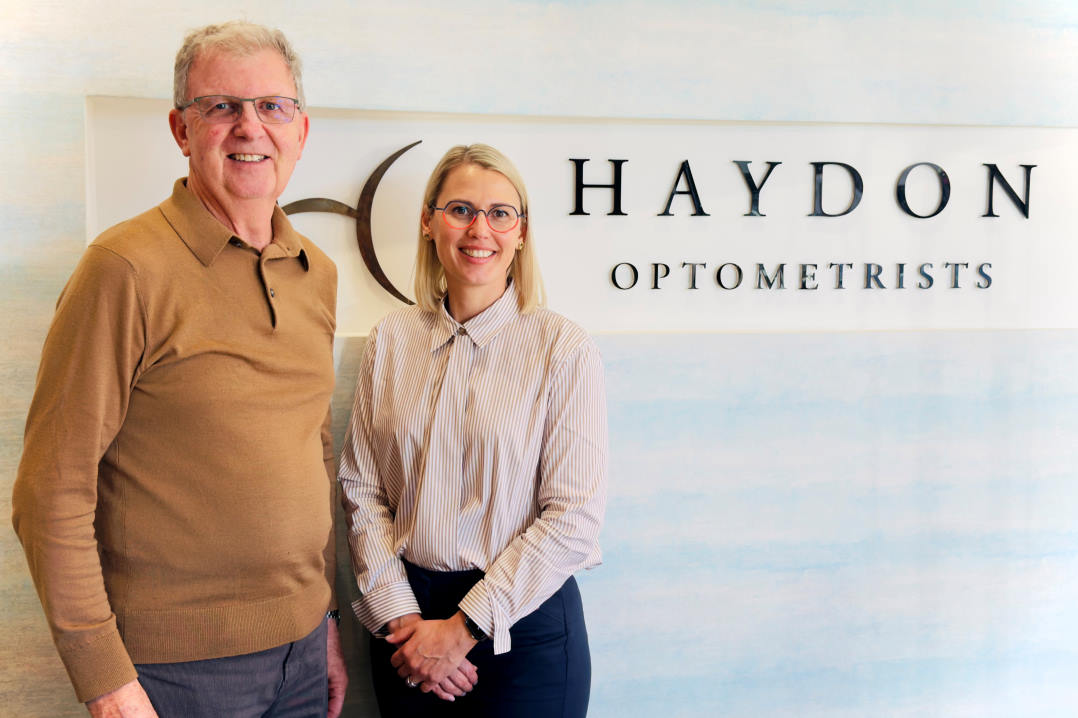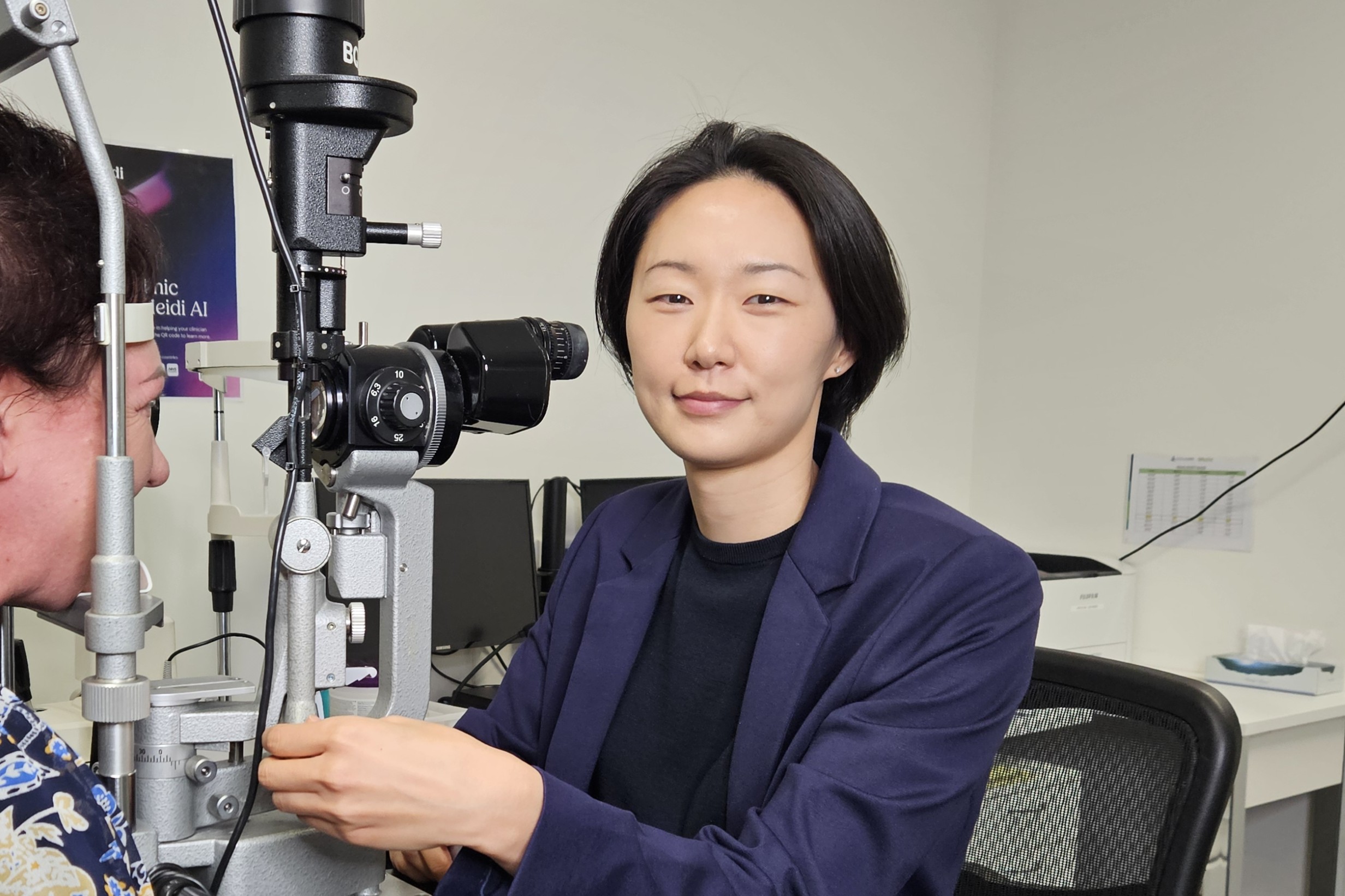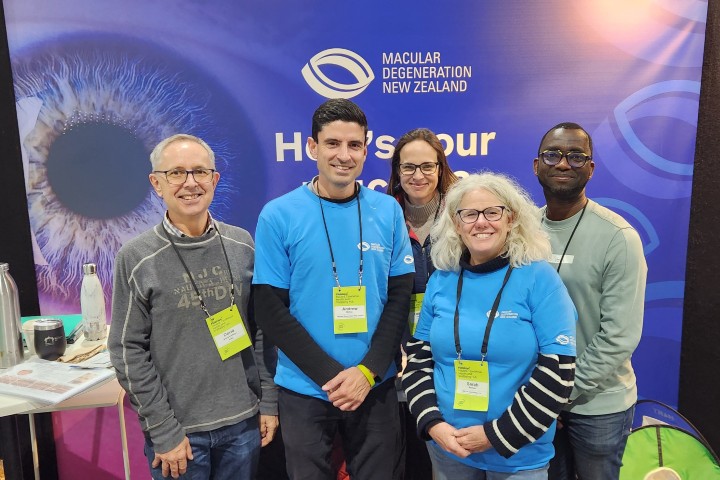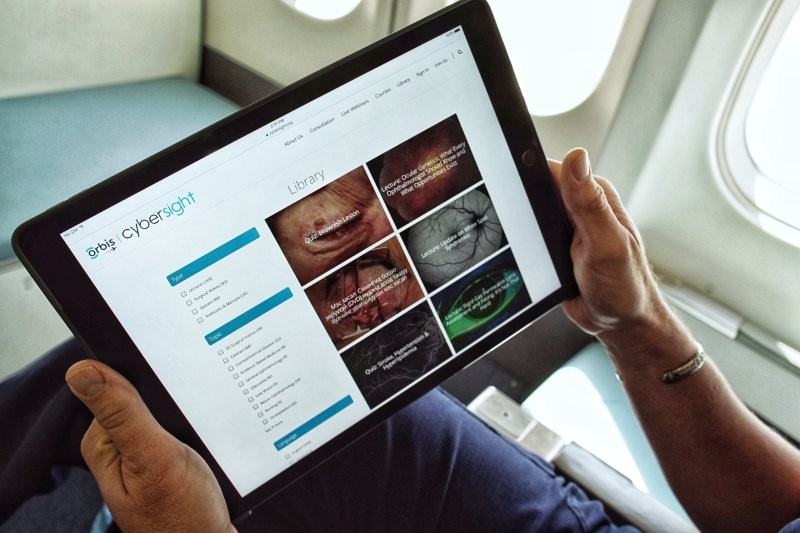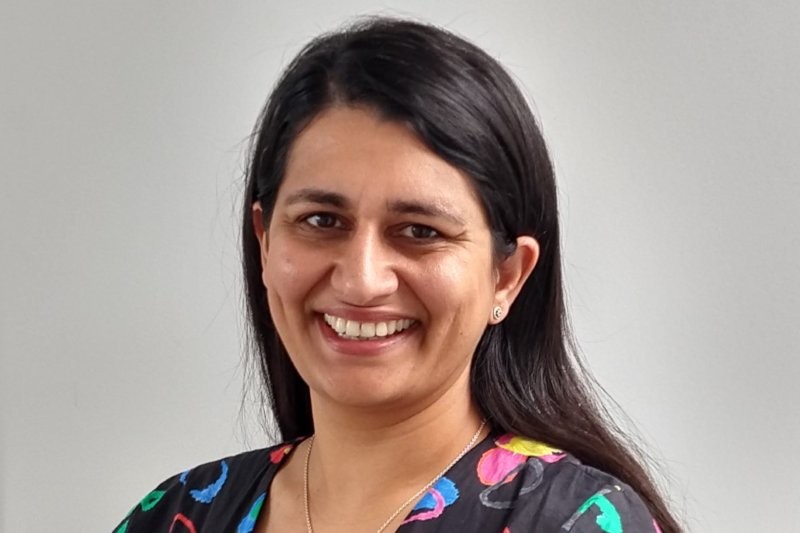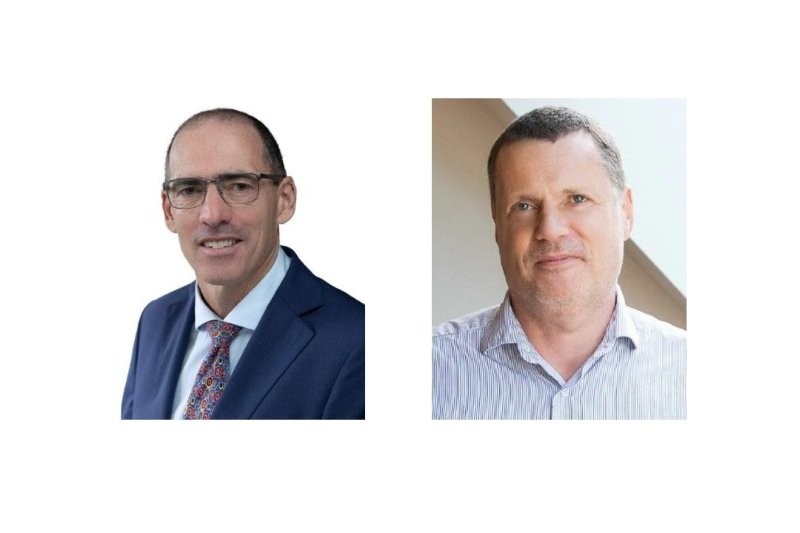ONZ tackles workforce woes
Ophthalmology New Zealand (ONZ) has held its first Specialist International Medical Graduate (SIMG) webinar to explore ways to better support overseas ophthalmologists.
ONZ chair Dr Sonya Bennett said while SIMGs are drawn to New Zealand because of available positions, 60% leave within two years of registration.
Difficulties with practising here can outweigh the lifestyle benefits, and adjusting to life in a small, isolated country isn’t easy, she said. “Our training is thorough and our ophthalmologists… are well suited to work in the New Zealand medical environment.” However, an unfortunate consequence of that qualification being well respected overseas is that it makes New Zealand trainees attractive to other countries, she said. “And, of course, the remuneration in Australia is significantly better.”
Dr Malcolm Carey, who chaired the webinar, said ONZ wants to establish a support structure to complement RANZCO and Medical Council of New Zealand (MCNZ) processes in areas such as mental health, logistics and social connection.
“These colleagues provide amazing clinical support and feedback to RANZCO and MCNZ through regular supervision reports. Unfortunately, these roles cannot always extend to personal issues,” he said, adding that SIMGs can be hesitant to disclose stress, fearing it may affect visas or professional standing.
Financial pressure, dependents overseas and immigration complexities can compound stress. “It may be difficult for a Kiwi supervisor to understand the stresses of visa application and immigration,” Dr Carey said.
ONZ’s initiative will focus on helping SIMGs assimilate and build resilience. Mentoring by international colleagues who have already settled in New Zealand is being considered, Dr Carey said, and ONZ has a diverse group able to connect with most backgrounds and cultures. “Sometimes a welcoming phone call after a tough day, or a collegial coffee at a first RANZCO congress can make all the difference,” he said.

ONZ chair Dr Sonya Bennett
“We hope (retention of SIMGs) will be a result of the support that the group gives our ophthalmic colleagues, helping them integrate professionally and personally in New Zealand,” Dr Bennett said.
Other ideas the group discussed included:
- Building social networks via cultural, sporting or faith groups and encouraging engagement with Māori culture, including marae visits
- Early connection with financial advisers to support long-term and retirement planning
- Guidance on time management, goal setting and structured CPD participation
- Support for spouses and families in education and work.
ONZ now plans to seek feedback from the SIMG community on how best to implement these strategies.










